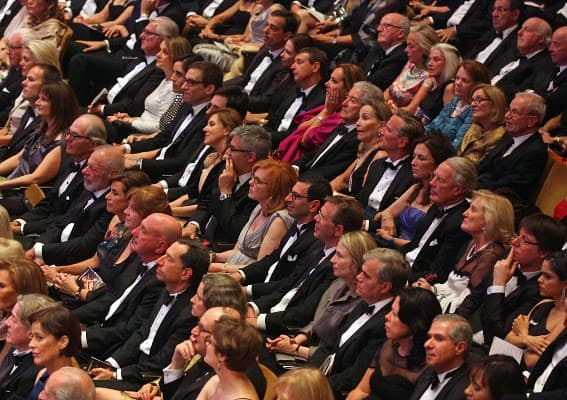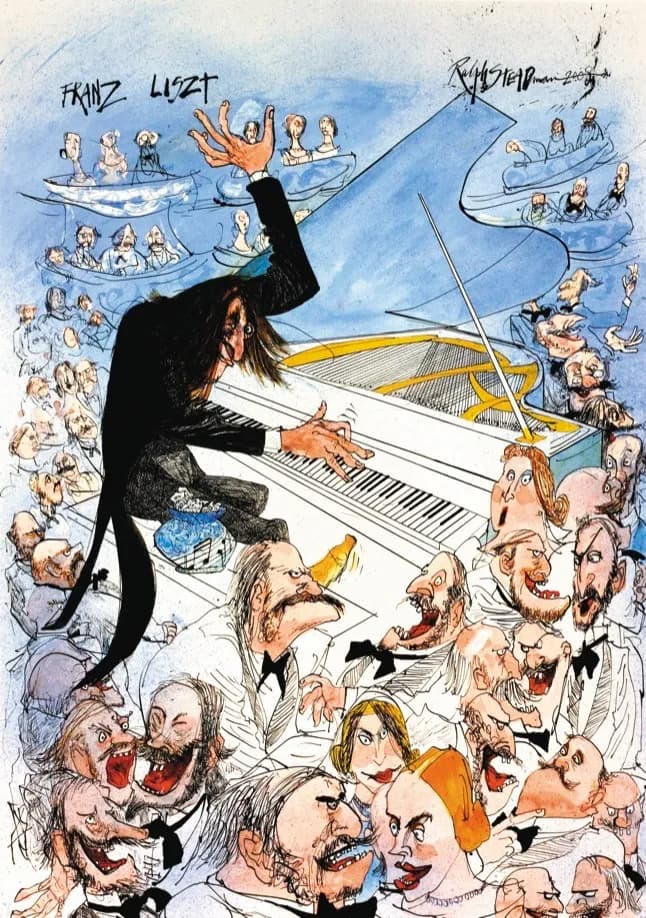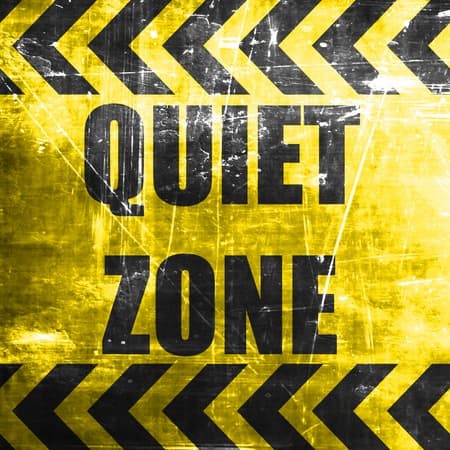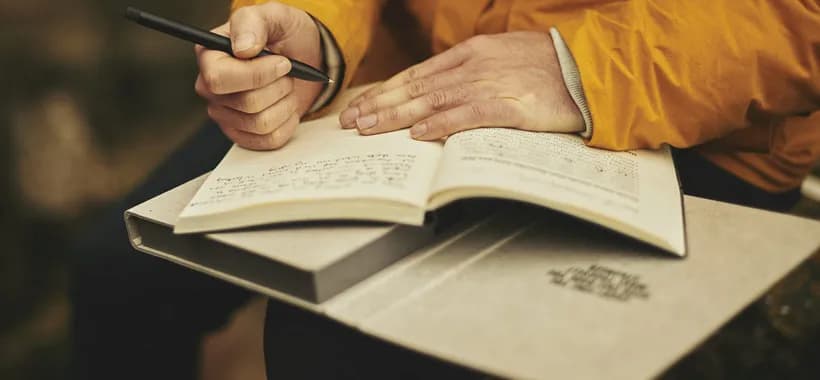It's all about the classical music composers and their works from the last 400 years and much more about music. Hier erfahren Sie alles über die klassischen Komponisten und ihre Meisterwerke der letzten vierhundert Jahre und vieles mehr über Klassische Musik.
Total Pageviews
Tuesday, October 3, 2023
W.A.Mozart Concerto for Two pianos and Orchestra KV.365
Monday, October 2, 2023
Friday, September 29, 2023
Mariah Carey - Hero (Official HD Video)
Silence Is Golden – At Least at Classical Music Concerts!
by Frances Wilson

Classical music audience
The argument for more ‘audience participation’ (and noise) at classical concerts usually goes something like this: in Mozart’s day, people enjoyed food, drink, and gossip during performances. Often the musicians, and the performance, were almost secondary to the noisy socialising and carousing. The advocates for “noise at concerts” hint that we need to return to an 18th-century mode of behaviour when experiencing classical music and that this approach will attract that elusive “younger audience” and make classical music “more accessible”.
The tradition of listening to concerts in silence, in a special building designed for that purpose, developed during the middle of the 19th century and soon became the “proper” way to experience live classical music (Wagner was one of the first to advocate silence at concerts.). Most people who go to classical concerts today not only accept that listening in silence is an established part of concert etiquette, it also makes the concert experience more enjoyable for everyone.
In addition to the ‘social code’ of the classical concert – knowing when to keep quiet for the benefit of other people, including the performers – there are good, practical reasons for listening to classical music quietly.

Liszt concert by Ralph Steadman
Silence in the concert hall is a sign of respect for the performers. Classical musicians invest significant time and effort into perfecting their craft, and the concert stage is where they share their artistry with the audience. By maintaining silence, attendees show appreciation for the dedication and talent of the musicians, acknowledging their hard work and skill.
Silence creates an environment that encourages deep musical engagement and allows the myriad nuances of the music to be fully appreciated. Why? Because classical music often contains intricate melodies, harmonies, and subtle dynamics that demand attentive listening. Silence in the concert hall allows listeners to immerse themselves in the music without distraction, allowing them to experience the emotional depth and expressive or artistic intentions of the music. Unlike some other forms of entertainment, classical music’s beauty often emerges from its delicate interplay of soft and loud passages, intricate phrasing, and nuanced interpretations. The silence maintains an atmosphere that helps capture these subtleties.

© Unsplash
For many of us, myself included, the chief attraction of classical music concerts, apart from the music itself, of course, is the opportunity to escape into quiet introversion for a few hours. I love going to concerts with friends, listening with others, but ultimately, it’s a very personal, often introspective experience. In today’s fast-paced, frenetic, noisy world, I love the opportunity to be completely silent for a few hours, almost as a kind of retreat.
And the sense of collective listening in silence with 500 or more other people can be very potent. We have all been at concerts where the power of the music and performer encourages a really intense form of listening on the part of the audience. I experienced it when hearing Igor Levit play Beethoven’s last three piano sonatas at London’s Wigmore Hall some years ago when the audience listened, utterly transfixed, in complete silence, only to make a seemingly collective exhale some long moments after the music had faded into the silence. This kind of intense listening and the sense that one has been on a shared emotional journey is really powerful – quite rare in concerts, but it makes performances really memorable.

As concert presenters and performers strive to attract new audiences, especially younger audiences, the tradition of silence in classical music concerts is constantly being questioned. For some, it can feel unduly restrictive, unfriendly, or exclusionary. For others, it smacks of elitism (never mind that theatre etiquette requests that audiences remain silent as well…..). Today there is plenty of room for classical music to be presented differently – family concerts, relaxed concerts, open-air concerts, concerts in disused car parks (something I’ve experienced as part of previous Proms seasons), and other non-standard venues (bars, cafés, galleries and other ‘salon’ style settings). And yet often at such events, there is still a sense of ‘listening in silence’, or at least listening attentively on the part of the audience.
While there is room for evolving concert etiquette, the tradition of silence continues to be an integral aspect of classical music concerts, allowing audiences to deeply connect with the artistry and emotions conveyed through the music.
So, let’s let classical audiences remain silent. We show our appreciation in other ways – by applauding, cheering and bravo-ing at the end of the performance, and while these behaviours may seem antiquated, or even elitist (they’re not!) to some, to the regular concert-goer this is what comes out of silence.
Just like the music.
How These Ten Pieces Can Help Writers Unlock Creativity
by Emily E. Hogstad
Writing is hard. It’s a lonely pursuit requiring not only focus and discipline, but inspiration, too.
While there are many tools and techniques that writers can use to boost their creativity, one often overlooked resource is classical music.

© helpingwritersbecomeauthors.com
Today we’re looking at ten famous pieces of classical music and why they might appeal to writers.
Whether you’re a seasoned pro or a writer or just starting out, here’s how these classical pieces can help you unlock your full potential and take your writing to the next level.
LUDWIG VAN BEETHOVEN: MOONLIGHT SONATA
This melancholy piece for solo piano will encourage writerly introspection, enabling authors to explore their deepest thoughts and feelings…even when those thoughts and feelings might be dark or sad.
Its mesmerizing triplet rhythm will help writers get into a meditative creative groove, too.
ANTONIO VIVALDI: THE FOUR SEASONS
The ever-shifting moods contained within these four timeless concertos by Vivaldi will inspire writers to weave a diverse range of emotions and experiences into their writing.
Here’s a hint: if you want a modern take on these concertos, try listening to Max Richter’s Recomposed, a reimagining of Vivaldi’s original music. It sounds like a movie soundtrack.
WOLFGANG AMADEUS MOZART: REQUIEM IN D MINOR
The haunting melodies and solemn nature of this masterpiece will help writers contemplate profound questions about life, death, and the human condition.
Mozart died young while writing the Requiem. Hopefully apart from the music, that story will encourage authors to seize the day and prioritize that writing project they’ve always dreamed about tackling.
J.S. BACH: GOLDBERG VARIATIONS
This intricate piece for keyboard will inspire writers to strive for perfection in their craft and pay attention to every little detail, just like Bach did.
The thoughtful complexity of the Goldberg Variations – like so much of Bach’s music, and Baroque music in general – can help writers of all kinds to get into a particularly productive flow state.
PYOTR ILYICH TCHAIKOVSKY: SWAN LAKE
The grandiose gestures of this iconic Romantic ballet will help writers channel their inner drama queen and imbue their writing with a sense of old-fashioned romance.
This is perfect music for when you’re writing characters experiencing fierce arguments, grand realizations, or passionate love affairs.
CLAUDE DEBUSSY: CLAIR DE LUNE
This dreamy, atmospheric solo piano piece will transport writers into a world of inspiration, enabling them to easily visualize the beauty of a moonlit night.
This piece would be perfect to listen to while writing quiet scenes between two characters, or the inner monologue of a character who is alone and lost in thought.
GEORGE FRIDERIC HANDEL: MESSIAH
The soaring melodies and powerful choral outbursts of Handel’s masterpiece will inspire writers to explore themes of faith, hope, and redemption, and infuse their writing with a sense of transcendence and wonder.
And again, like so much Baroque music, its propulsive rhythms will help writers get into that sought-after creative groove.
FRÉDÉRIC CHOPIN: NOCTURNES
The moody, atmospheric nature of these piano pieces evokes a sense of longing and introspection in any writer and will inspire them to delve into their characters’ inner worlds.
The nocturnes would be especially perfect for anyone writing historical fiction or Gothic drama. Nothing conjures up a Victorian parlor or doomed period romance like Chopin’s piano music!
Johannes Brahms: Symphony No. 1
The majesty of Brahms’ Symphony No. 1 will inspire writers to think big and aim for greatness, while the soaring melodies and powerful crescendos might give them ideas about how to build suspense and excitement in their own work.
This piece should also inspire every writer to keep at their craft and never give up, because this symphony took Brahms over twenty years to compose! The next time you have a bad writing day, think of Brahms and his persistence.
GUSTAV HOLST: THE PLANETS
Each movement of The Planets represents a different planet in the solar system, so you can imagine how dramatic this music gets!
It’s no coincidence that The Planets often sounds like movie music. Composer John Williams was deeply inspired by Holst’s portrait of the cosmos when composing his classic soundtracks.
These ten pieces of classical music are only the beginning. By taking the time to explore different genres, composers, and pieces, writers can tap into a rich source of inspiration – and in the process, unlock their full creative potential.
Happy writing!